As a curious spirit, fascinated by the complexity of human behavior and storytelling, it is fitting that I landed into photography by shooting Street Photography and capturing slices of life in the city. My work in this genre is what has brought me most of the exposures/recognition I may have enjoyed so far.
In the more than 7 years I’ve been photographing mostly candid moments and sharing them with an audience, I’ve often been asked the same questions and seen a certain debate arise over and over, in regards of whether I ask the subjects in my images for permission before I photograph them. If I don’t, should I? Do I have the rights (lawful or moral?) to take and share those images? Is it ethical? Have I ever been confronted or gotten in trouble for doing it? Do I fear it?
I suppose there are many out there who think there’s nothing but an obscure intention behind the concept of photographing strangers, that it may be done either with the intention of ridiculing them or to satisfy one’s perverted voyeurism in the era of the Internet.
Sadly, I’m even more sure all these people saying that have no clue of the rich and very crucial history of the genre in the artistic and documentary fields. The priceless chance to study the work of the masters (Cartier-Bresson, Walker Evans, Vivian Meier, Robert Frank, Garry Winogrand, Elliott Erwitt, Hellen Levitt and countless others) and analyze the studies they provide of the eras they lived in. Of the cities and their people, the behaviors, clothes, architecture, objects, and human relationships…
In order to capture that true, honest, “unfiltered” vision of a moment in time, invisibility is key, even if it comes without explicit permission/direct interaction with the subjects.
My answer, then, is YES…
It IS ethical, it IS necessary if it serves a documentary purpose. And because of it, in order to capture emotion naturally, about 95% of my images on the street come without those explicit permissions asked. And as long as the process happens in a frame of legality (don’t capture images in private homes or in an unlawful way), it’s necessary to preserve the photographer’s rights to work this style of photography. The law changes in every country and sometimes even city. As a rule of thumb, according to US law, there’s no expectation of privacy when we’re in public spaces and the right to capture images prevails unless someone would use it to explicitly harass you.
Is it unfair, you may say? Think of it this way: the second you leave your apartment and go about on your day, your image is being taken, recorded and stored by CCTV security cameras (video and photo) everywhere on the street, on the bus or subway, taxis, stores, cafes, shopping centers, elevators, etc.? Every single step you take is watched and recorded. You may not even realize or be aware of it and there’s nothing you can do against it. Some say this can’t be compared, for that type of recording is theoretically meant to serve a crime-preventing purpose. But do those images truly get deleted anytime? Can we ever be sure we know where those images end at or in whose hands, down the line? Were we ever asked if it was ok to forfeit our expectation of privacy?
Now about usages! Generally speaking, by law you may show the images or use them even for gain if the purpose is indeed artistic or journalistic in nature (an article, a book or portfolio, a print on a gallery exhibit). What you can’t do is a commercial usage that would take someone’s image to advertise or endorse a product or service, without a model release signed or a contract with the model. You may not use those images in a serialized, profit-making endeavor (sell t-shirts or posters mass produced with someone’s face). Or use someone’s image within a context or with a message that would denigrate the person or lie about their lives.
In the end, the questions on both ethics and fear all depend on one key factor: who is the person taking the picture and what’s their personal ethics and intentions. Are you trying to click the shutter only when someone down on their luck crosses your way? Do you look for expressions or ways to mock the person and undermine their image and honor, just so you can get a few laughs and extra “likes” on the Internet at the expense of your subject? Those are the ones who should be in fear or shame, for they deserve any trouble they get into and they don’t respect their subjects.
Now, I’ve never been that type, but here are some of my own stories of conflict I either witnessed or been through while shooting on the streets, and that I want to share with you…
1). Fascinated by the light on the wall, I patiently waited for someone to walk into my frame, iPhone ready in my hand. A photographer I was with stood next to me, with a bigger camera, and when this man walked into the frame, we both shot at once. Me, in silence. My friend, betrayed by the shutter sound.
The man turned around and asked angrily if we had shot him. I lied to avoid conflict, and started walking further, but my colleague, defiant, asked “So what if I did?” The man’s answer, as he walked away: “Then I’d have to break your fucking camera.” The other guy, perhaps oblivious to the danger, wanted to know more about that reaction and insisted on questions. I had no part in that.
But meanwhile, I looked at my screen and saw nothing but a rather flattering portrait of that man. And I wondered: Had I shown it to him, may he have changed his attitude perhaps and simply just not care anymore? I’ll never know…
 2). Photo in the Greek neighborhood of Astoria, Queens (NY), during a visit to NY of my San Francisco friend, Travis Jensen
2). Photo in the Greek neighborhood of Astoria, Queens (NY), during a visit to NY of my San Francisco friend, Travis Jensen2). While on a photo shoot around the ‘hood, Travis snapped a shot of this man with his DSLR. The man started pointing his finger and yelling at him against taking photos there and threatened that he would get in trouble.
The juxtaposition of his attitude/gesturing against the drawings on the wall behind him struck me as ironic, so I shot this, as we kept on walking and left.
When I first shared this image (as well as the one before) and told both stories, some people commented that I had no right to show any of these images if the people had been specifically against it.
My reply, up for debate: the only reason the audience knew of this context was because of me explicitly telling these stories. Therefore, why would they be assuming that EVERY other subject we ever photograph without them realizing the photo had been taken, would be ok with having their picture captured or shared? The funny part is that these same people complaining had always liked every other photo I would post. Just not these ones after knowing the context. It’s a presumptuous thought and a slightly self-delusional one. Whatever I don’t know of, won’t bother me. But the truth is that one can’t just NOT shoot ever or stop oneself from ever photographing anyone unless asking first, in case someone was not to like it!
It all goes back to my initial thought. As long as it’s legal to shoot and you don’t hurt anyone, I’d say most cases are fair game! Now that said, I may have published these photographs to illustrate this story here or on my Flickr. But of course, I would NEVER include any them in any commercial exhibit or sale or similar, knowing they had some conflict behind.
3). The aggressive energy of this woman, who seemed to be ready to blow up against anyone who’d cross her path, was such a stark contrast with the sweetness and innocence of her child, that I couldn’t help trying to capture it.
My lessons learned that day: be aware of your surroundings and don’t get greedy. As I took 3-4 shots of the scene, she saw my reflection in the metallic wall behind me and screamed, thinking I was videotaping her. No matter me trying to explain my case and offering to delete the photo, she attacked me, while still holding her baby, and wouldn’t let go of my shirt, while screaming aggressively.
It took me pulling towards the door at my station, blocking the doors from closing, so the passengers screamed at her to let me go.
Another lesson: if I’m polite and you ask politely, I’ll respect you and delete the picture and move on. If you stop being a reasonable human being and you assault me or attack me, respect goes both ways and you have lost mine. Dialogue should come always before violent outbursts.
4). Walking in the neighborhood, I saw this beautiful broken mirror near an abandoned stand covered in plastics. With no one in sight, I leaned down a few feet away to take a self-portrait, never touching a thing. As I was standing up, a thuggish homeless woman, off of her meds, came yelling that this was her art and not to touch it, while insulting me and trying to push me. Seeing how reasoning seemed impossible and with the way she was escalating her violent tone, I tried to leave, and she punched me on the side of the mouth.
I never saw it coming. It was so shocking/painful that I’m embarrassed to admit I struck her back once with a bag I carried, to make her go away. She threw a milky iced drink she had at me and while I stood there, my leather jacket drenched, my lip swelling, she mocked me that I could call the cops across the street if I wanted.
The NYPD officers whose cars were parked were nowhere to be found at first, and suddenly came out of a Starbucks eating pastries (way to prove stereotypes!). They saw me still dripping wet and upon hearing my story, I was told that it sounded like a case of assault, but that since they hadn’t witnessed it, nothing would be done, and I’d better carry on with my day. Unbelievable.
None of those cases ever made me stop loving the craft of street, my passion for human observation. So I’ve kept going, out to the streets with a mantra that I religiously follow for my street photography work: “Don’t do to others what you wouldn’t like for you.” If I was to stumble online upon a photo of me someone may have taken without my knowledge, what would be acceptable? What would horrify me? Act accordingly then, when you photograph others. My philosophy is to try and capture people as real or neutral as I “feel” them (it’s also a question of empathy), and I try to reflect their perceived personality or to even flatter them as much as I can. Whenever possible, I also crave being part of the scene, up close, while maintaining that sense of “invisibility”, not as much to be sneaky, but more about respecting my subject’s personal space and integrity. While I think to each his own in regards of style and I can respect the results of some other colleagues, I personally have to admit that I abhor the process of street photography that consists in being a silent hunter who all of a sudden “jumps on its prey” with a big flash on their face. I know some big names in the industry have made it their trademark, but I cringe when I see it in video and when I witnessed it once in person it made me extremely uncomfortable to see the reaction of the people being photographed, startled and a bit violated.
Respect and care first and foremost. To me, street photography should come with an added sense of responsibility. After all, every character I photograph has gone on to become somehow part of my memory and my life. I may not have met them, but I never forget any of their faces or the moment and place the image was taken, with certain affection. And if I place that respect to my subjects, you better believe I absolutely demand it from the audience if I share any of my photographs. If someone tries to mock, insult or make fun of any of the people in my images in social media comments, I have deleted them and sometimes even blocked them. For I care about the people I have taken photos of and I even surprise myself finding a big happy smile on my face when I have stumbled somewhere else in the city upon a person I had previously photographed.
And my hope and goal is that if they were ever to find themselves in one of my pictures, they would feel more flattered than offended or upset, and they may appreciate getting a copy of that image.
In fact, it’s something that has already happened several times, and that I’m featuring in a small project. A nice story that I’ll be sharing soon…
UPDATE on April 1st 2015:
The day after I post this revised version of this essay, I learn that Arkansas’ governor has vetoed the proposed bill known as SB 79 or “Publicity Rights Bill” that the state had approved citing an intention to “protect its citizens”, which would have banned street and urban photography in the state. The governor justified his veto claiming such law would seriously hurt freedom of speech and creation, and obstruct the work of photojournalists. I’m grateful to that governor for his right mindset on the issue and encourage everyone to keep the debate open and constructive.

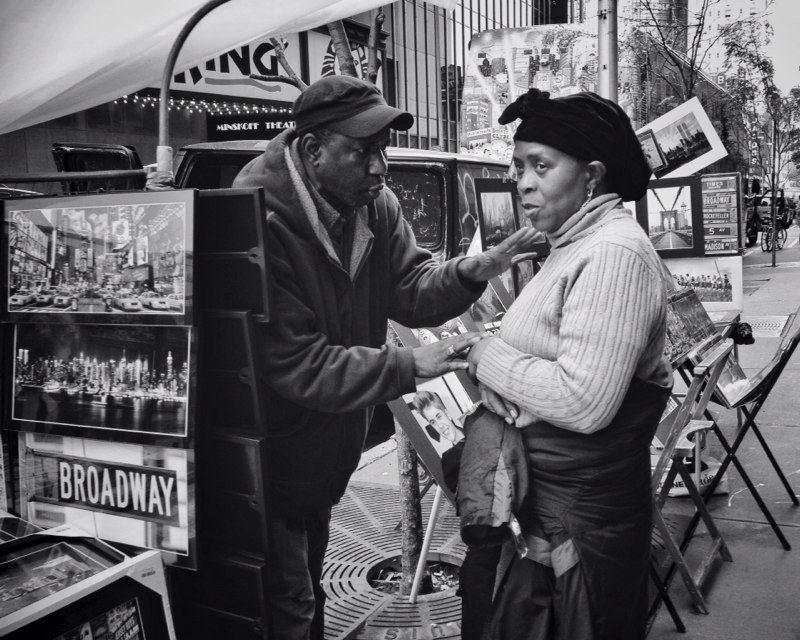
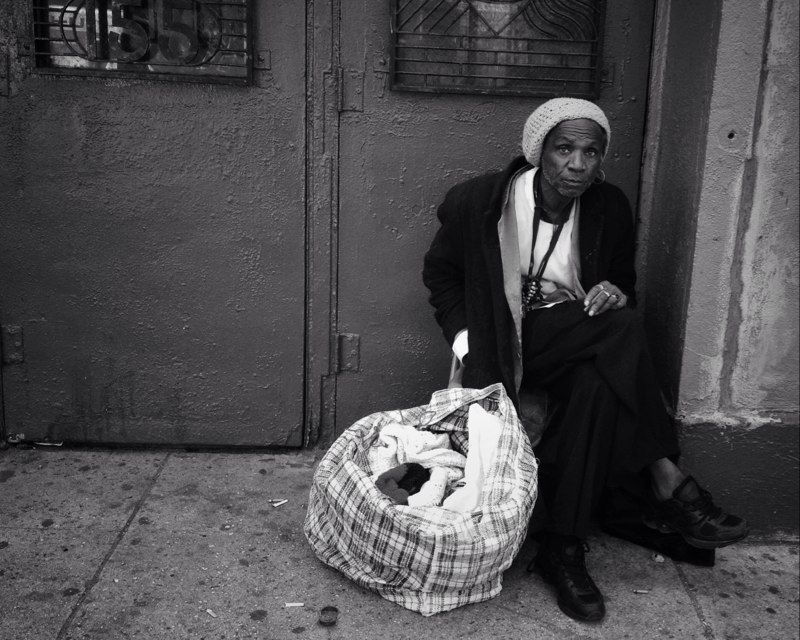
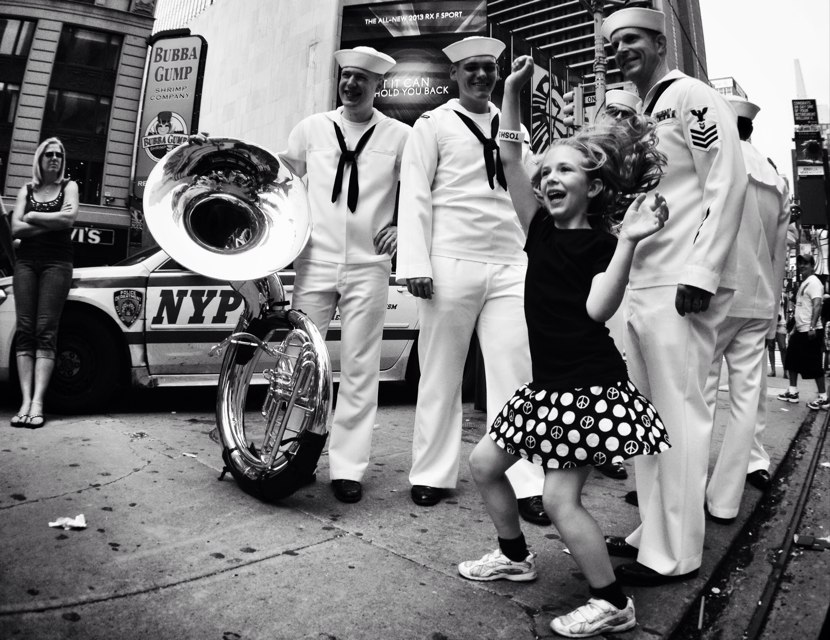
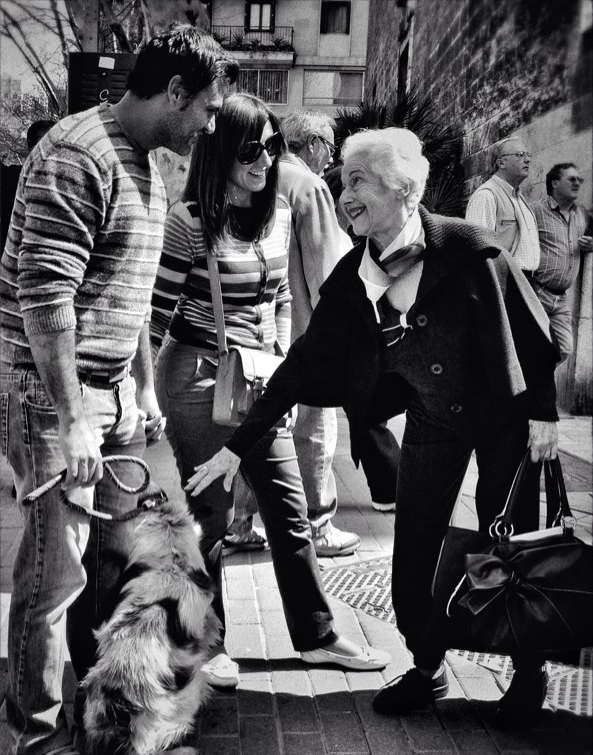
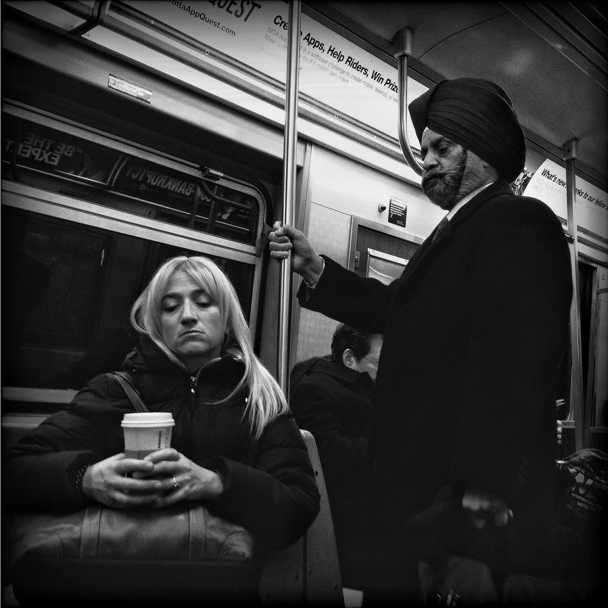
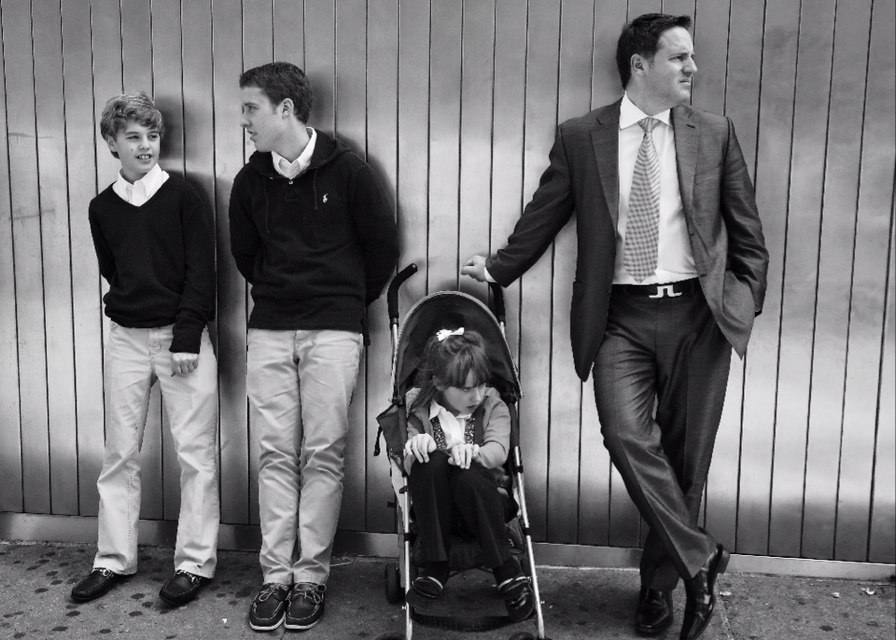
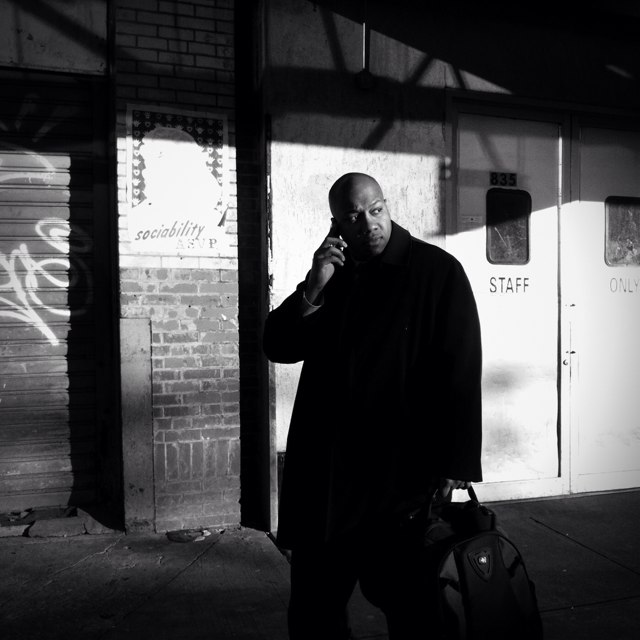
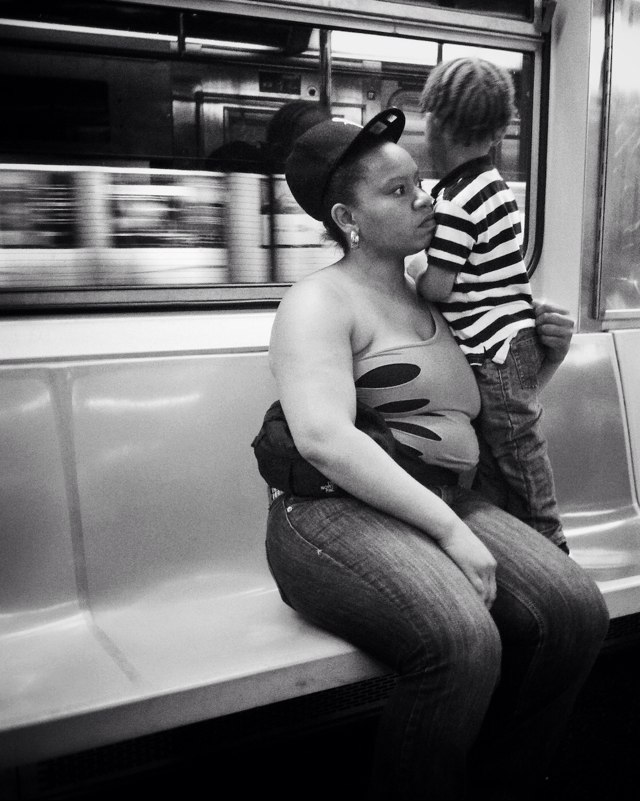
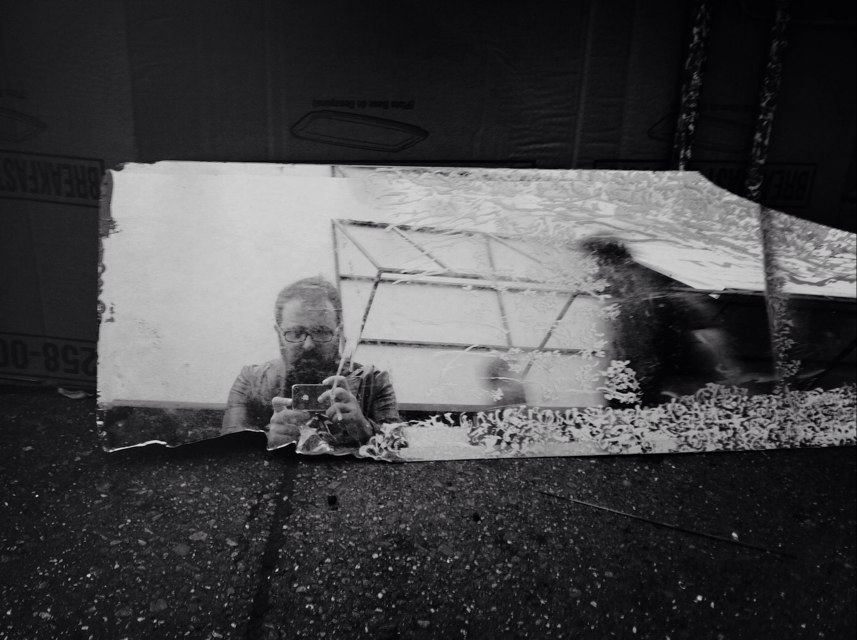
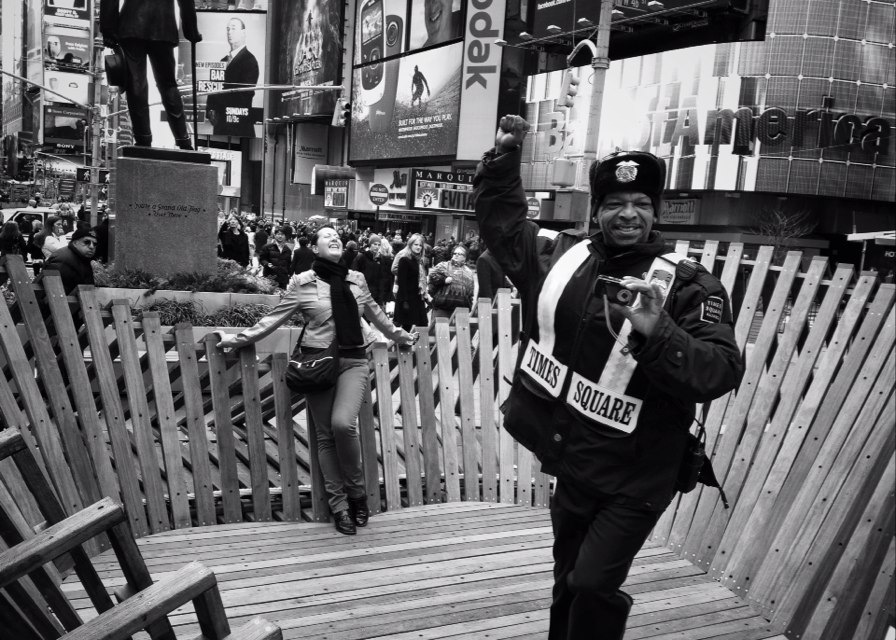
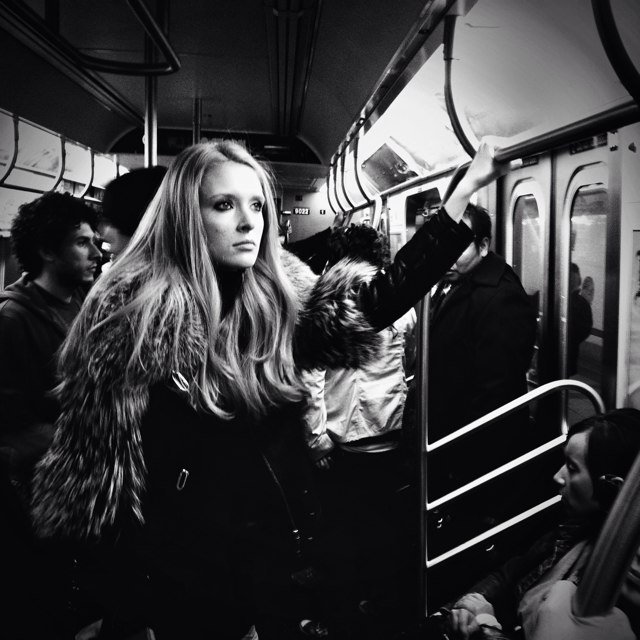
Fascinada!!!
¡Muchas gracias, Juana! ¡Un beso grande!
Great article and philosophy. I’m just starting on my street photography journey and this will help me a lot.
Richie
Thank you so much, Richie! Appreciate your words! Welcome to this beautiful craft of street photography. Enjoy it, and hope you’ll apply that respectful approach in your own work too. We can all benefit from doing so.
I have followed you for a very long time on Instagram. Never once did I find any of your picture disrespectful. I very much enjoy them and look forward to your next one. Thank you for the wonderful art you bring to my days.
Really, that’s great!
See this teaching, I was excited. It is very important to me! Because I just started learning photography, the need for such guidance. In particular, I like street photography. Thank you very much!